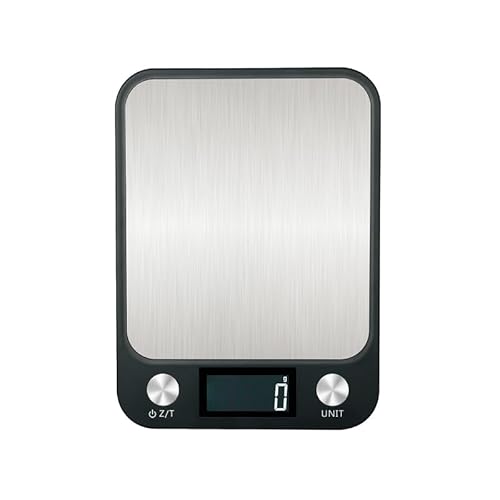Chispa
Well-Known Member
My hands get wrecked when cleaning them with acetone, and I was hoping to find a gentler way. When working in the shop I often get grease, oil, varnish, or oil paint embedded in my hands. After washing my hands a number of times, they get cracked and raw. I've read a few threads recommending borax as an additive to mechanic's/blacksmith's/gardener's soap. The amount is a bit fuzzy, some recipes call for a tablespoon some a half cup.
I was reading the Cold Process for beginners thread where caution regarding borax is discussed and oxyclean was put forward as an alternative.
The active ingredient in oxyclean is sodium percarbonate. I use this to help clean up my brew kettles, and it is a very capable cleaner. I use the sodium perc in a mix with tri-sodium phosphate (TSP) and it is powerful indeed. I mix 2 parts sodium perc to 1 part TSP and add that at a rate of about half a cup per five gallons of hot water to clean my kettles. It is not too hard on my skin, Ive never noticed any problems with my hands while scrubbing up with it.
Has anyone used either of these chemicals in a soap bar or have a guide in how much to use?
I was reading the Cold Process for beginners thread where caution regarding borax is discussed and oxyclean was put forward as an alternative.
The active ingredient in oxyclean is sodium percarbonate. I use this to help clean up my brew kettles, and it is a very capable cleaner. I use the sodium perc in a mix with tri-sodium phosphate (TSP) and it is powerful indeed. I mix 2 parts sodium perc to 1 part TSP and add that at a rate of about half a cup per five gallons of hot water to clean my kettles. It is not too hard on my skin, Ive never noticed any problems with my hands while scrubbing up with it.
Has anyone used either of these chemicals in a soap bar or have a guide in how much to use?







































![[Latest] 21 Pack Dried Flowers for Candle Making, 100% Natural Dried Herbs Kit for Soap Making, Bath, Resin Jewelry Making, Bulk Dried Flowers Include Lavender, Rose Petals, Rosebuds, Leaves, Lemon.](https://m.media-amazon.com/images/I/61rGf9Frw4L._SL500_.jpg)



